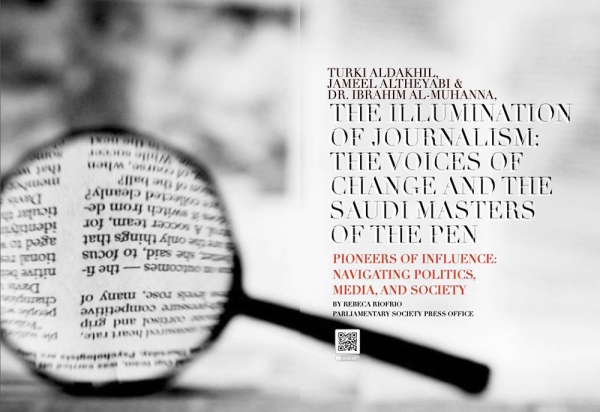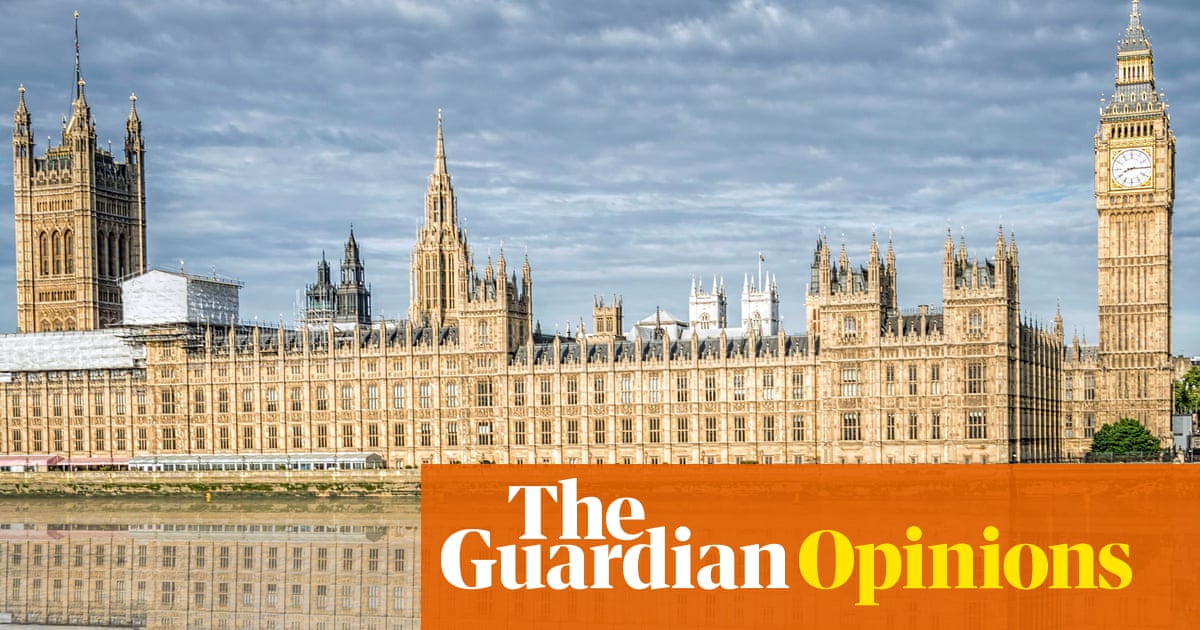
The Lebanese people surprised the corrupt political class, which went too far in policies of contempt and impoverishment. They gathered in the streets in all areas and from all sects. They uncovered the waning popularity of the government and the ruling authority and stabbed the prestige of parties that were tightening the grip over their areas of control.
It is a painful scene for Prime Minister Saad al-Hariri; when he used to call, the crowds responded. The same is true for President Michel Aoun. Both presidents know that the most painful messages are now coming from their own regions, their own streets.
It is a wave of anger that has been compounded by the sense that the government and the ruling authority are not taking serious measures to prevent an economic collapse that threatens their livelihood, opportunities for education and employment and pushes more Lebanese to the path of migration.
The Lebanese are no longer in a position to believe that the government and the presidency can fight corruption and tackle economic deterioration.
Recent years have weakened the credibility of the presidency and the government. The roar of the streets was vibrant and sent messages of frustration to the occupants of the Serail and Baabda Palace. This is without forgetting that the two men entered the headquarters based on electoral legitimacy and a privileged position for each of them within his community.
After the wave of anger sweeping Lebanon, Aoun’s reign faces a major turning point. The history of the general proves that he is not afraid of turning points, even if they necessitated overcoming the popular or constitutional mandate granted to him. At the present juncture, the general must read and hear.
I hope that the President will openly understand a fact revealed by the experience of the past three years, which constituted the first half of his term. The fact that some of the Palace officials have weakened the Palace and that some of the symbols of the tenure have weakened the tenure. I do not intentionally accuse them, but I blame their behavior on their lack of experience, vanity or adulation.
The general knows that Saad Hariri, Walid Jumblatt, and Samir Geagea accepted him as president after Hezbollah imposed an equation, “No president but Aoun,” and after stripping the presidency of its powers for a long time. Hariri disregarded your positions on his father, the tribunal, the assassinations and the overthrow of his government. He supported you. Jumblatt disregarded the battles of Souk el-Gharb and its cannons. He supported you. Geagea overlooked the “war of abolition” and its cannons. He supported you.
The Lebanese have the right to ask about the presidency’s interest in showing Hariri weakened before his community and confession? Where is the interest of the presidency in provoking Jumblatt’s public, reopening the wounds of the mountain and shaking reconciliation just because the "FPM" was not the party that concluded it? Where is the interest of the presidency in dealing with the presence of Geagea in the government as a malignant tumor that must be eradicated? I am not saying that those three are angels, and I know them as you do, but I ask about your interest and that of the Lebanese.
It is clear that the presidency stumbled in dealing with the forces that participated in the government, coming from the rubble of the March 14 rally.
It is also clear that Hariri made a mistake when he did not embark on his journey with the presidency from a firmer, clearer and more balanced base, especially as he was aware that the collapse was near. He could have managed relations better with his former allies to ensure some sort of balance.
A third party, which is supposed to read the scene of the squares of protesters, is Hezbollah. In recent years, the party has put heavy burdens on Lebanon that exceeded the country’s political and economic strength. The party’s opponents gave it a big, effective and influential role; but more than half of the Lebanese do not give it the right to monopolize the national decision and impose its method and approach on the lives of all Lebanese.
The party does not have the right to put the Lebanese in front of a single option as if its will is above all institutions.
It is necessary to listen to the people’s sufferings. To the pain that made them flow to the squares with their children to announce their disappointment with the country’s decision-makers. The government and the presidency should act quickly to convince people that the steps Hariri announced yesterday are not just temporary pills to calm the street.
The civil movement must prepare a program that includes clear and possible demands and an effective action plan that gives it the ability to exercise the right of permanent popular control over government behavior and governance in the coming stage.
The Lebanese gathered from all communities and regions to call for a decent living, education, employment, freedom, and dignity. They revealed a profound need for a state worthy to be named as such.
In a complex battle of this kind, patience, caution, and responsibility must be paralleled with courage.
Aoun has no choice but to draw lessons from this vast uprising from the far south to the far north. Hariri must also draw the necessary conclusions. Restoring people’s confidence requires surgeries, not cosmetic balms. The fear is that the street move will necessitate more than limited treatments.
The outrage of the Lebanese people is evident at home and abroad. The government and the ruling authority must drink the poison of giving up to the will of the people; any other bet will have its well-known repercussions.
We are in front of a new chapter in Lebanon. You cannot head towards the future with a fragile state.











